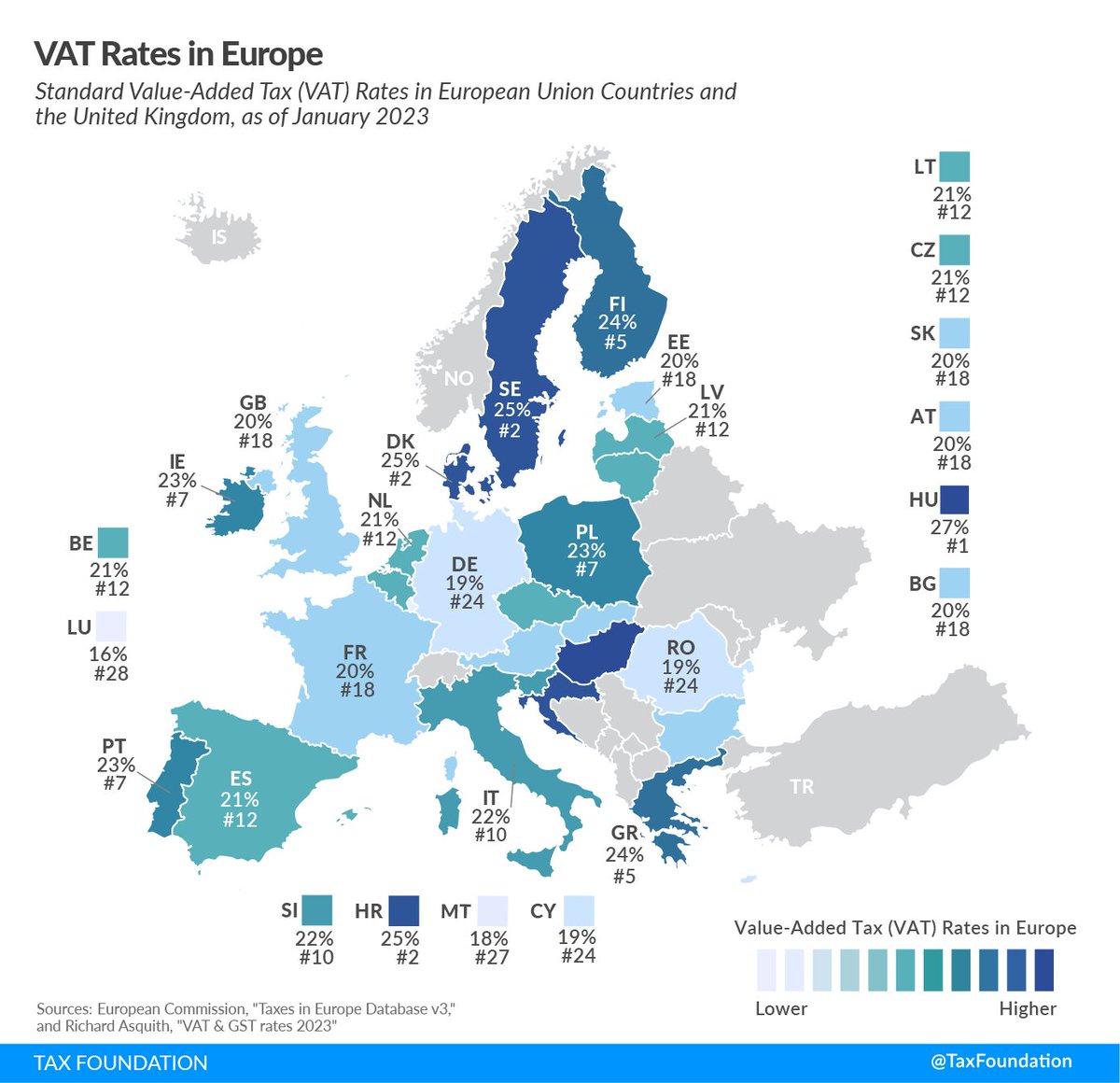New @FREOPP: In response to the theory that there are only 6,000 #COVID19 deaths in the U.S., we published an updated version of our international comparison of pandemic performance (part of our World Index of Healthcare Innovation project). The scorecard: freopp.org/measuring-covi…
The best way to compare mortality across countries is to look at excess deaths: mortality from all causes this year vs. the non-pandemic average. Not every country reports these stats, but the U.S. does: 214,812 excess deaths as of Aug 28, or 657 per million residents. 

Of the countries that report excess deaths, quite a few are in the U.S.'s ballpark, including France, Sweden, Portugal, Netherlands, Belgium, Italy, Spain, UK. The last 4 are somewhat higher than the U.S., the first 4 somewhat lower. Norway and Israel stand out as top performers.
The advantage of looking at excess deaths is that it eliminates the possibility that countries are counting deaths differently (e.g., deaths "with" #COVID19 vs. deaths from COVID19). On the other hand, excess mortality may also incorporate deaths from lockdowns & other policies.
As a reminder, our international rankings of pandemic performance also take into account the stringency of countries' lockdowns (a higher score = more stringent lockdowns), along with the relative economic isolation or integration of countries (a higher score = more integration).
Countries that see a lot more international travel in and out of the country, for example, are more susceptible to global pandemics. Also: different parts of the world have experienced different strains of the coronavirus with different virulence: freopp.org/measuring-covi…
One argument I hear is that the vast majority of deaths are happening in medically vulnerable elderly. So, some ask: what was the prior life expectancy of those individuals? Were they near death's door anyway? Excess mortality stats in the 2021-25 timeframe will help assess that.
• • •
Missing some Tweet in this thread? You can try to
force a refresh









